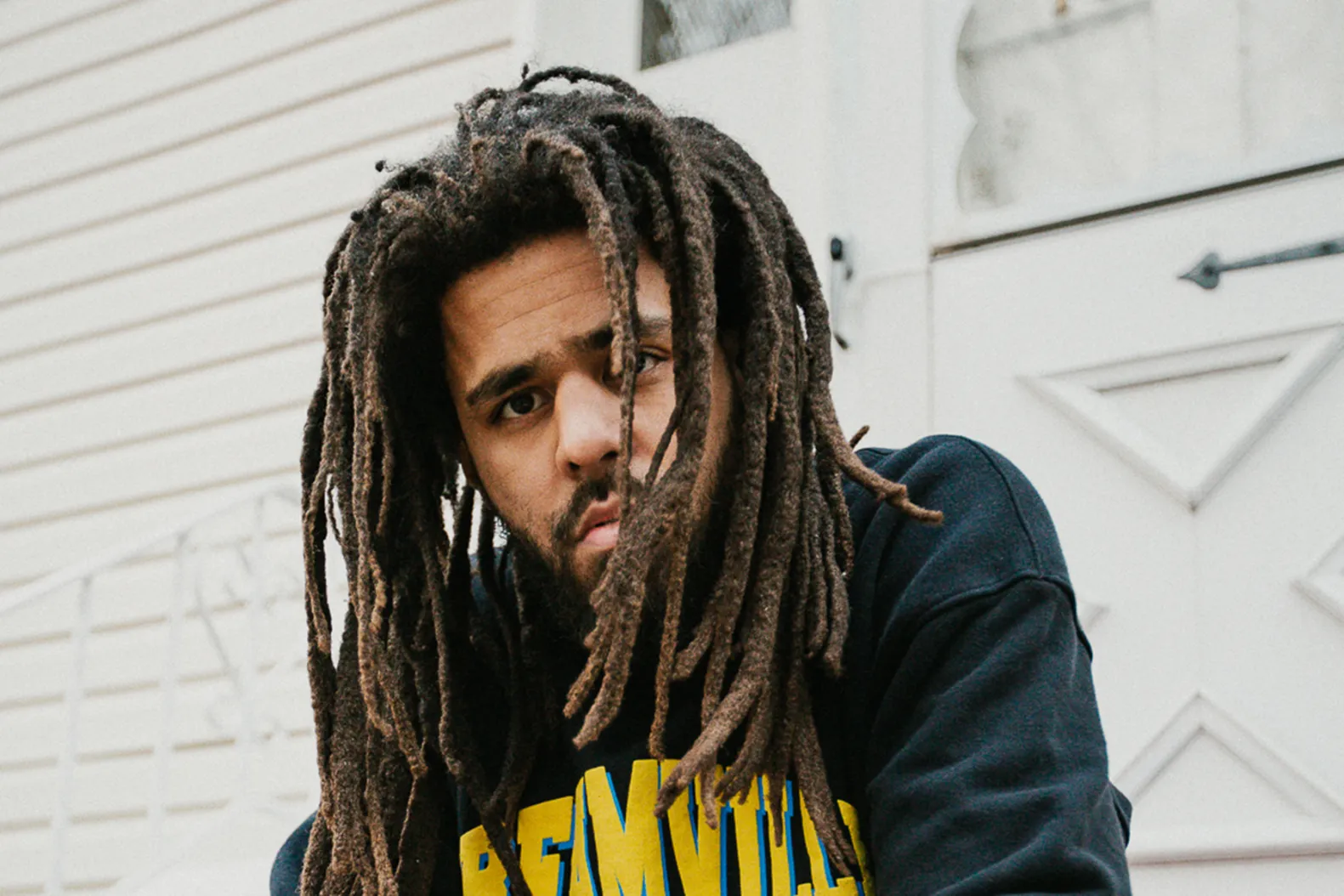When Rolling Stone unveiled its list of the 250 Greatest Songs of the 21st Century So Far, it wasn’t merely another chart exercise; it was an attempt to define the sound of a generation. The list, headlined by Missy Elliott’s “Get Ur Freak On”, is a sonic mosaic of the past 25 years — a timeline of rhythm, rebellion, reinvention, and resonance.
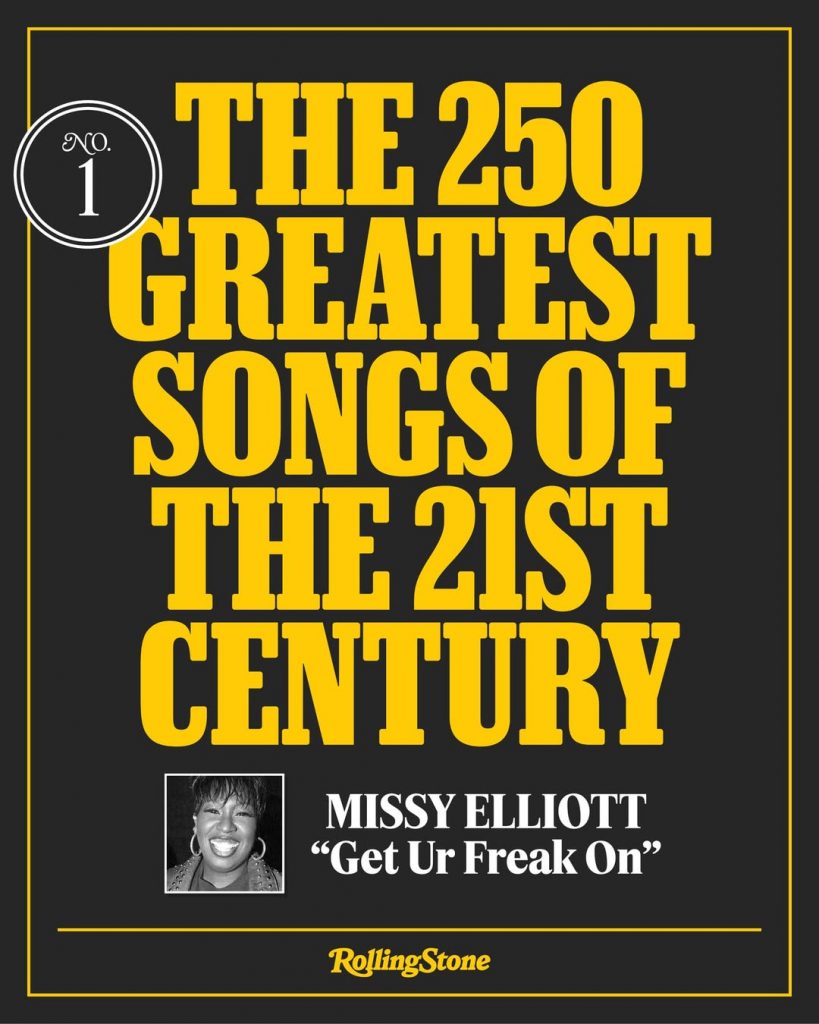
In many ways, it mirrors how the century has sounded through the ears of the Western mainstream. But beneath that reflection lies a deeper question: Who gets to define greatness in a global music century?
From the get-go, the top slots read like a familiar roll call — Beyoncé & Jay-Z’s “Crazy in Love”, Kendrick Lamar’s “Alright”, Taylor Swift’s “All Too Well”, The White Stripes’ “Seven Nation Army”, Frank Ocean’s “Thinkin Bout You”. These are undeniable works of influence and craft. Yet, as the list evolves, one begins to see traces of how music has outgrown geography — from Robyn’s electro melancholy to NewJeans’ Korean pop precision, and the digital bedroom revolutions of artists who defined music’s post-industry reality.
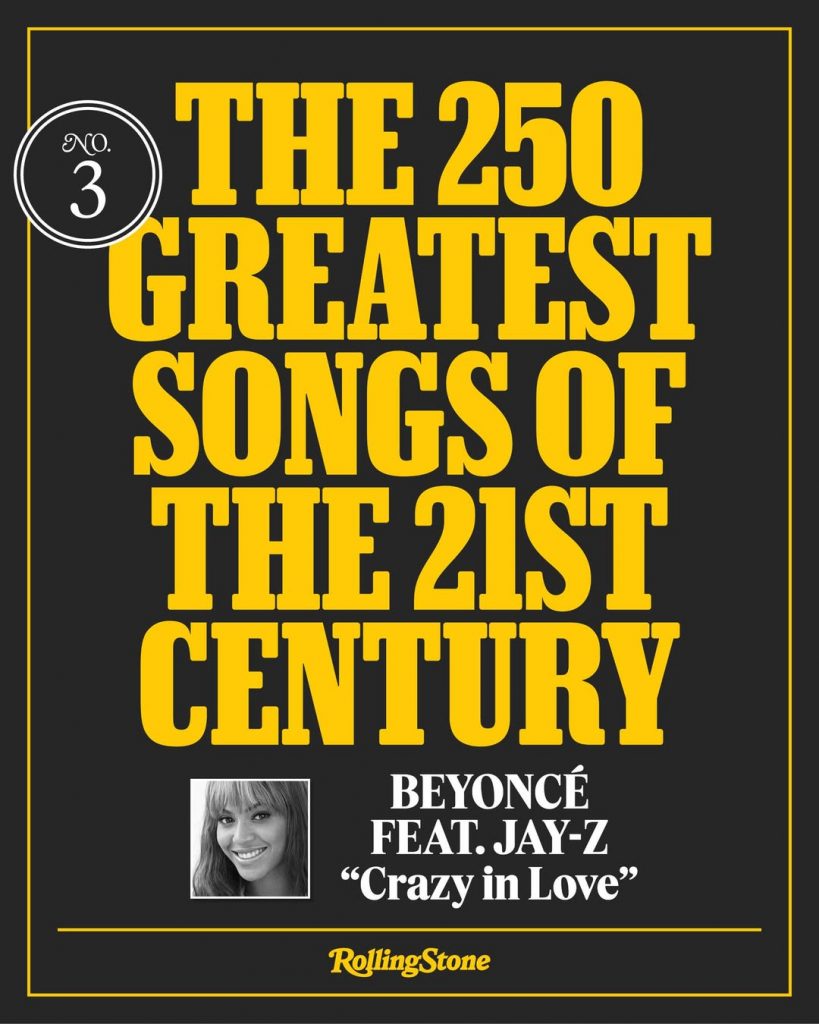
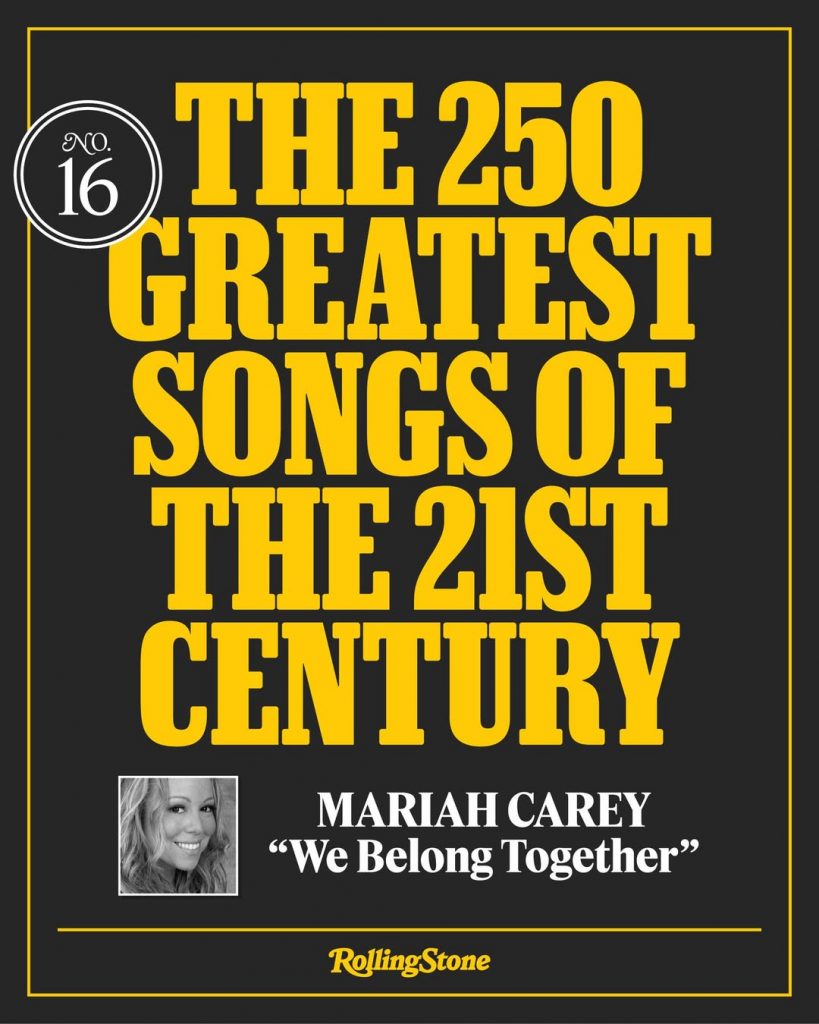
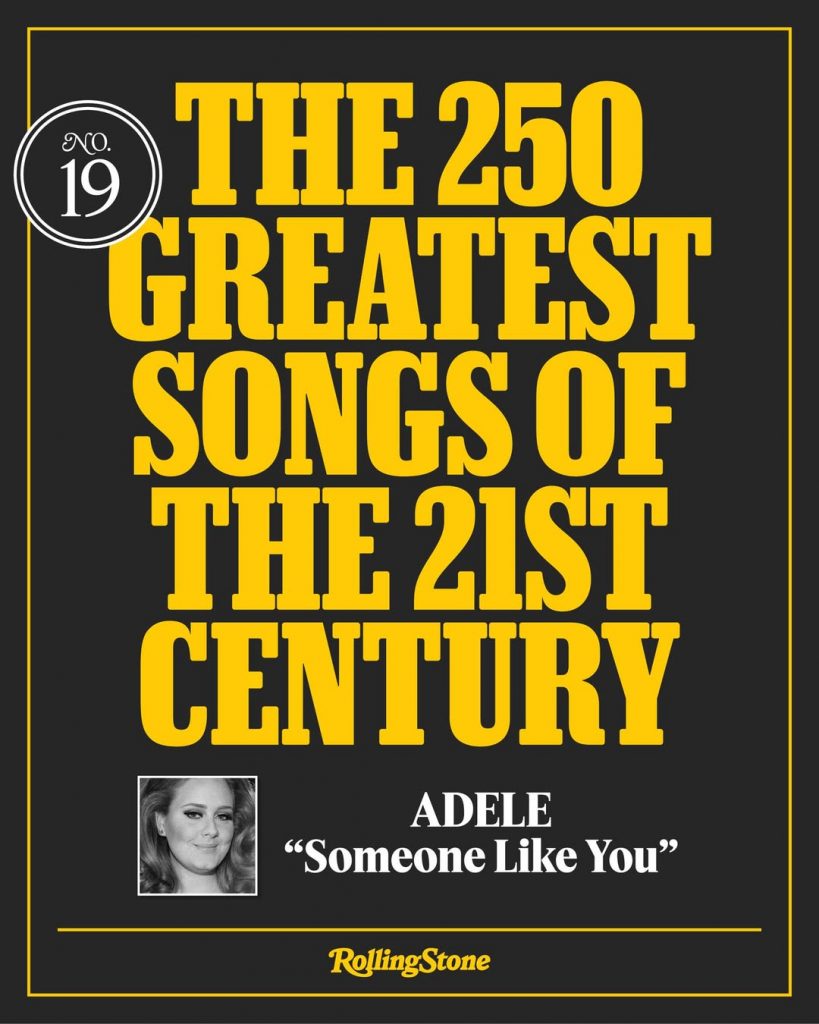
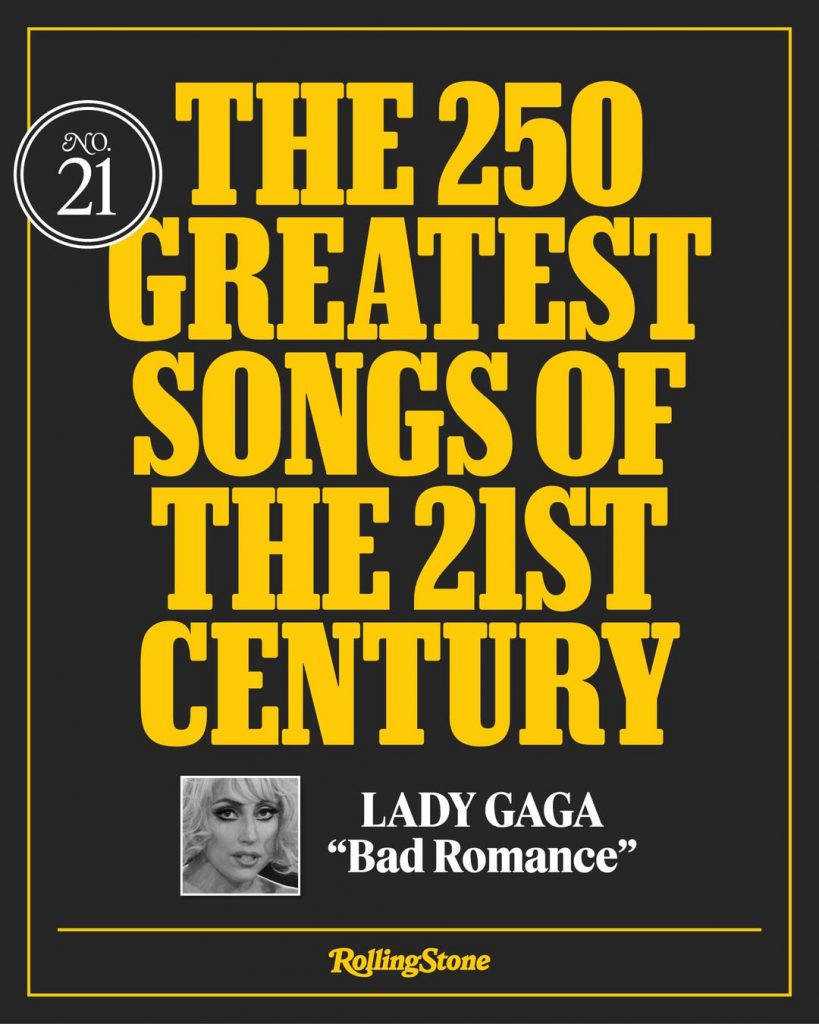
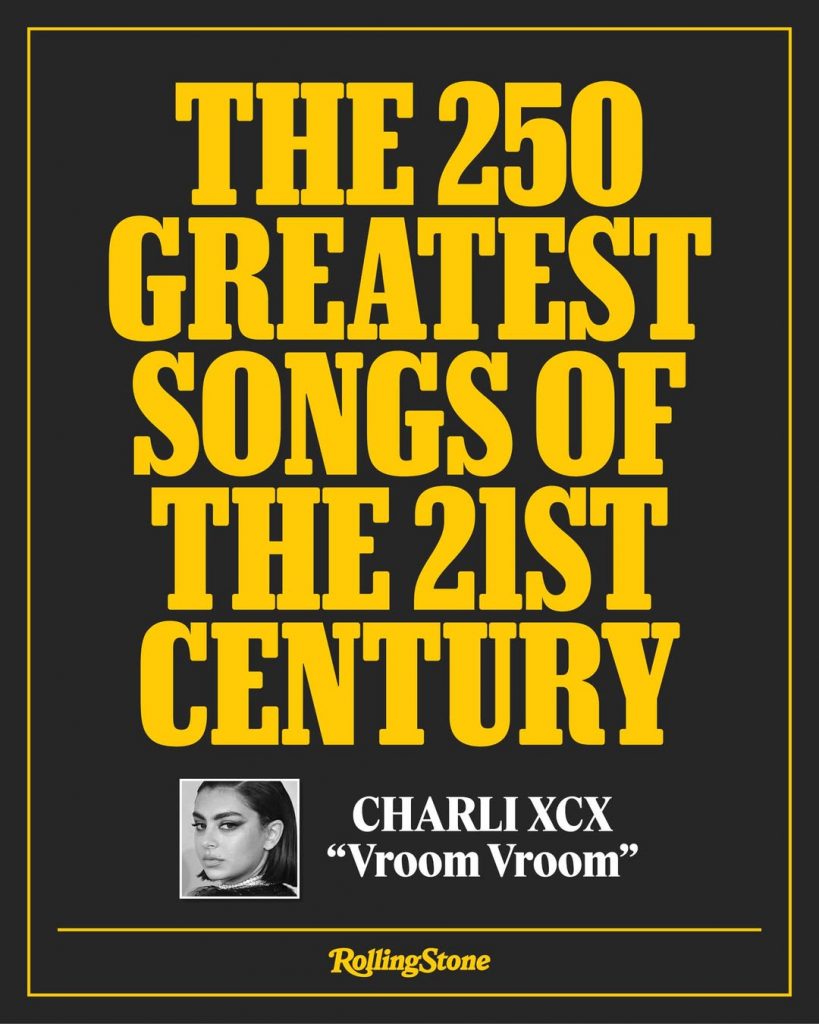
What Rolling Stone achieves here is not perfection but perspective. It captures the spirit of what made music powerful in the streaming age — virality meeting vulnerability, innovation meeting intimacy. However, for all its breadth, it still leans heavily on the Anglophone mainstream — a sonic world rich with legacy but not necessarily representative of the full 21st-century soundscape.
For those of us in the continent of Africa — from Lagos to Nairobi, Accra to Johannesburg, Kingston to Cape Town — this list reads both as recognition and reminder. Recognition, because many of the production aesthetics that shape modern pop and hip-hop owe their DNA to African and diasporic rhythms.
Reminder, because even in 2025, too few African songs have been canonized in global lists of this scale. Burna Boy, Wizkid, Tems, Davido, Aṣa, and Sho Madjozi remain cultural architects, yet often on the periphery of Western canonization.
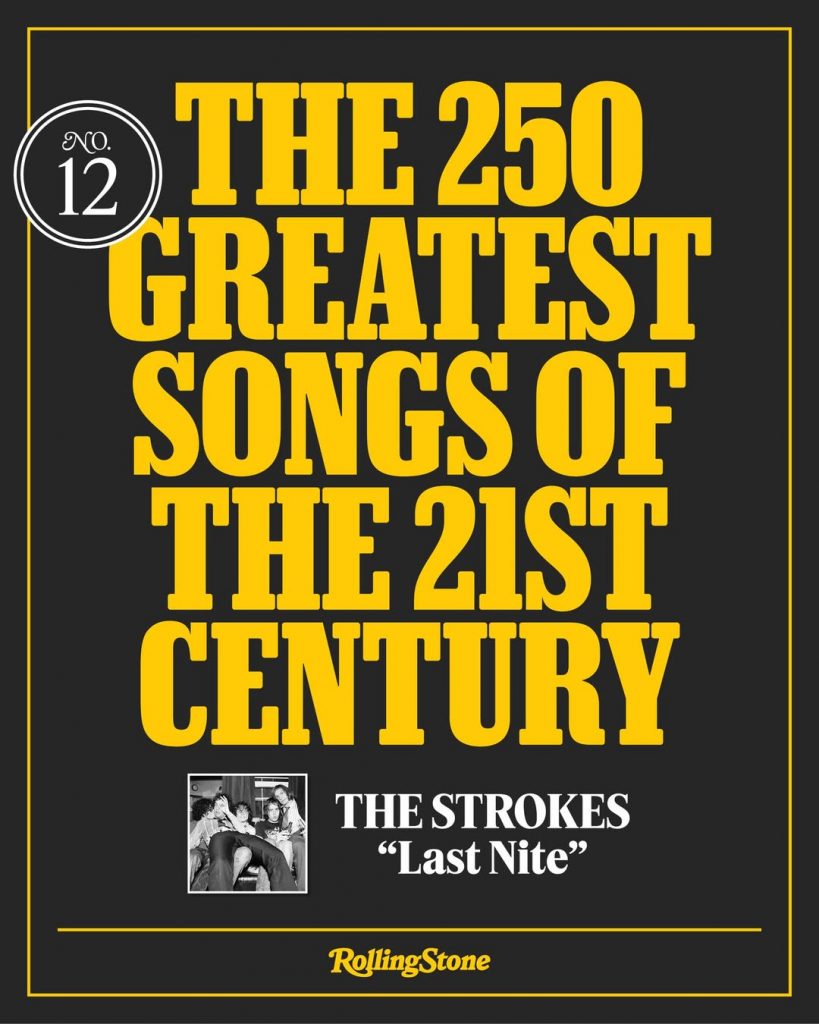
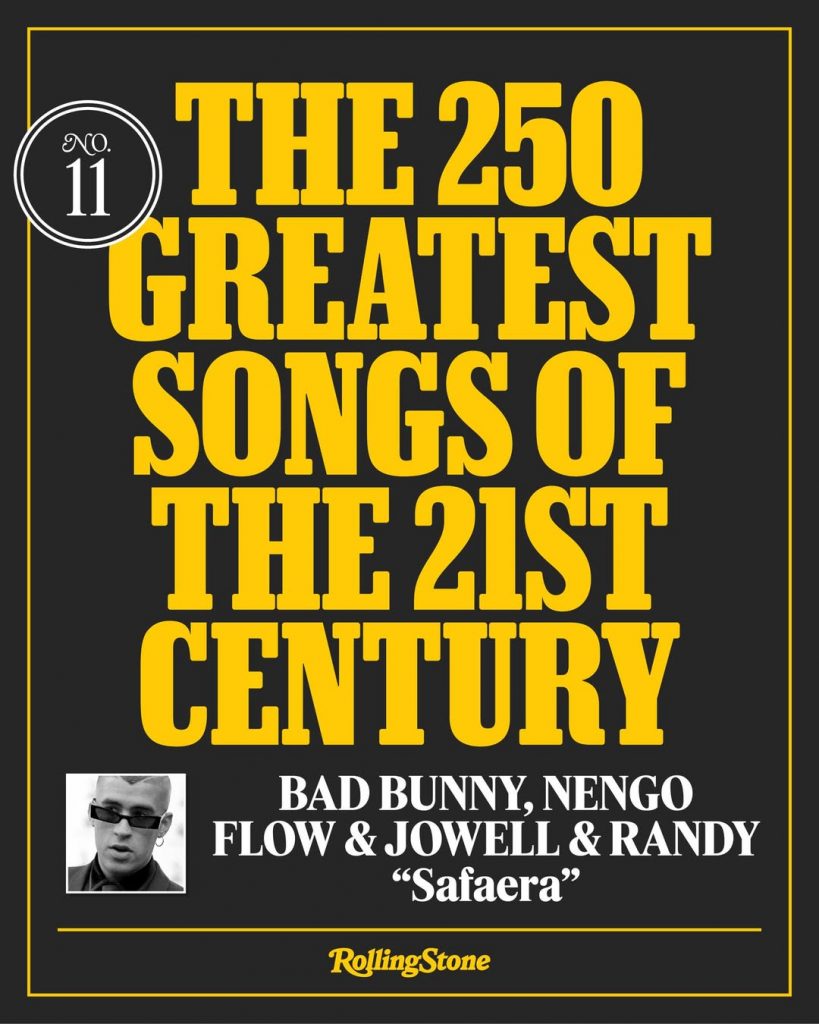
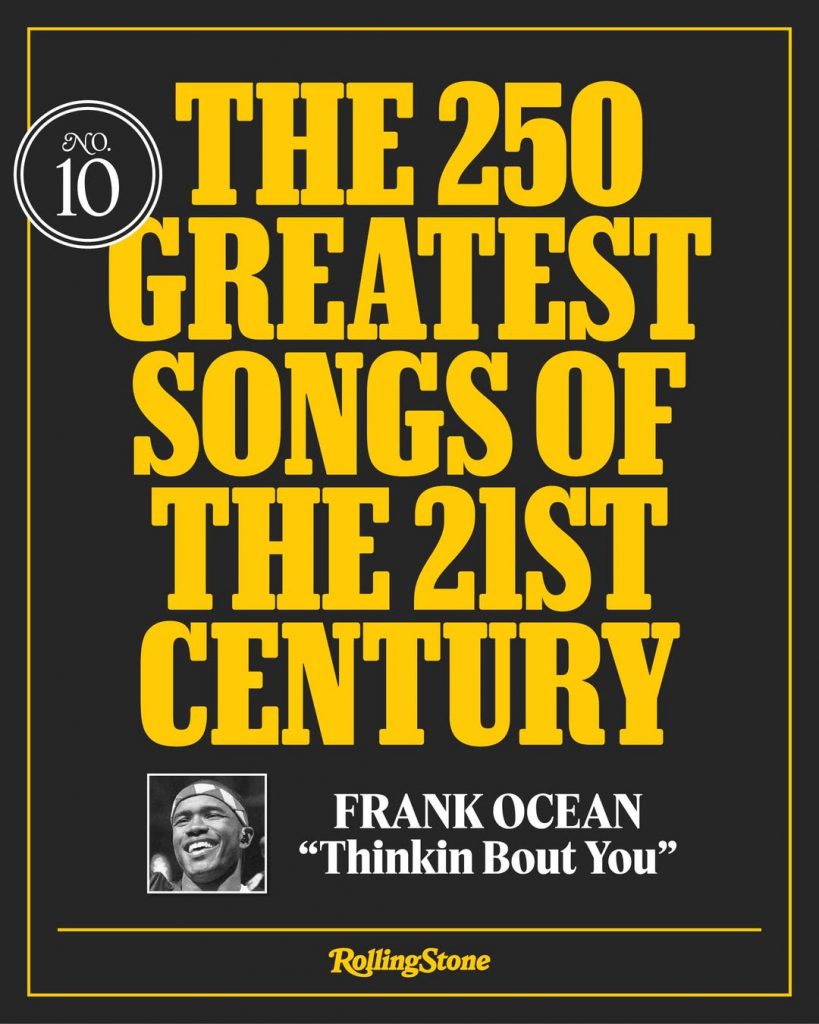
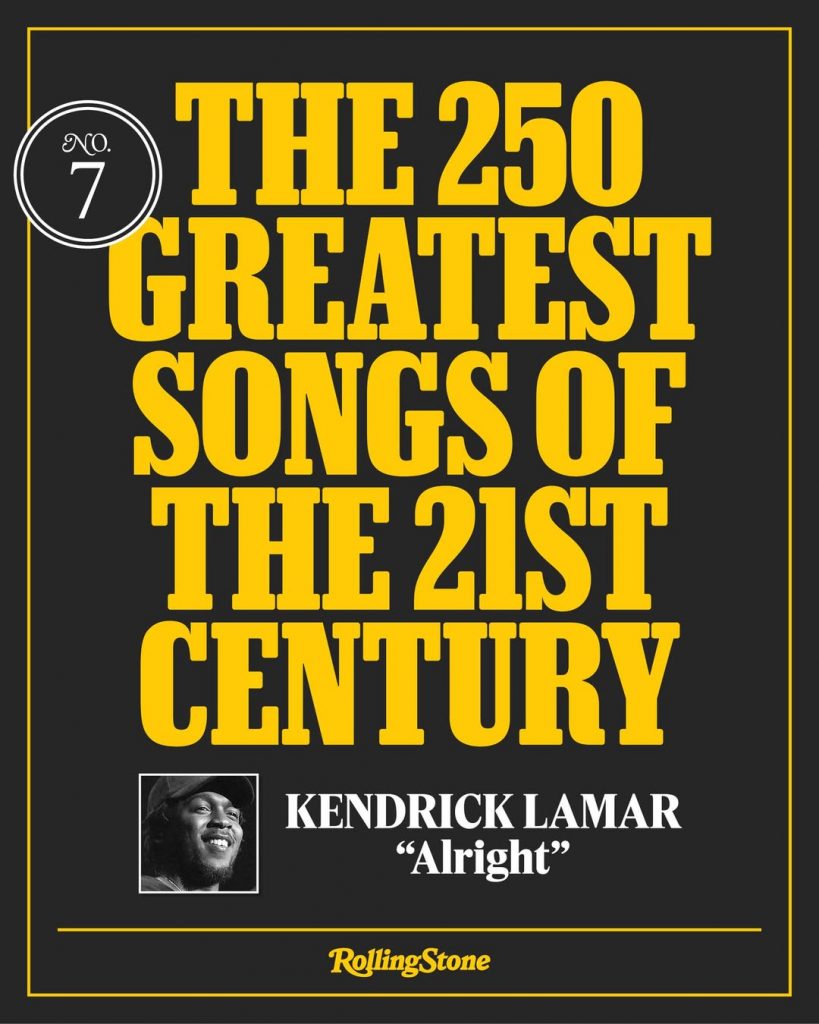
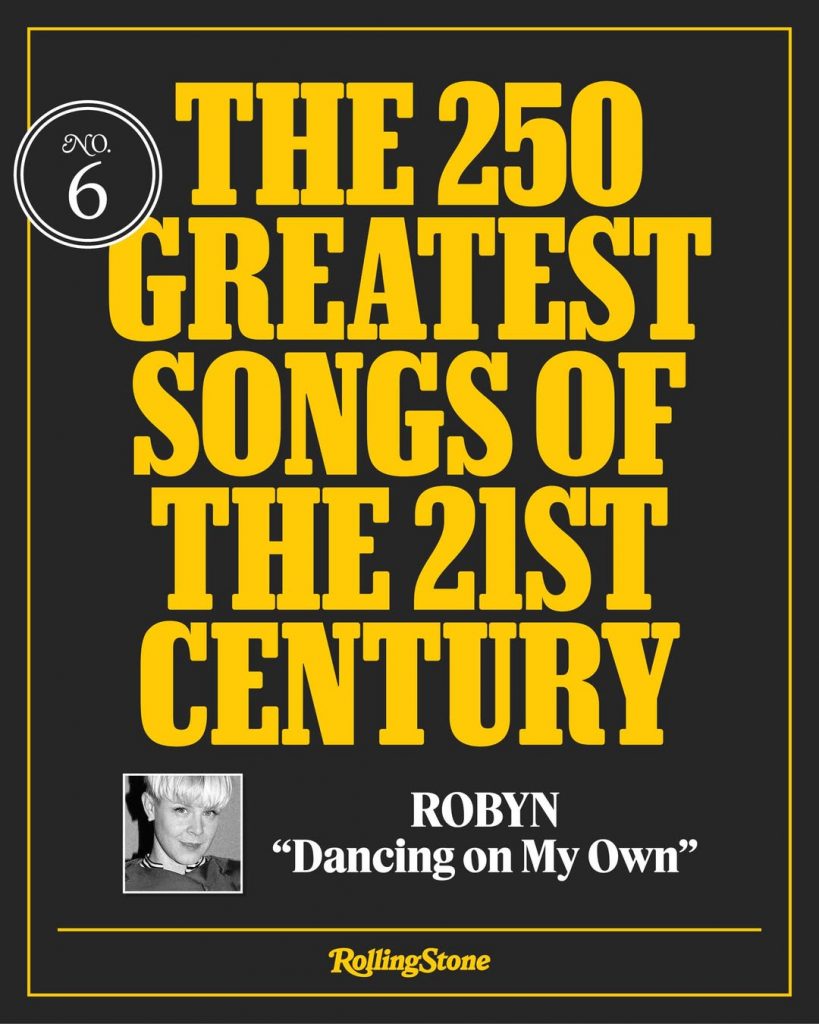
This is not to discredit the effort but to challenge the framework. The “greatest songs” of the 21st century cannot be a fixed canon; they must be a living archive — constantly updated to reflect the world’s evolving listening habits and its new centers of creativity.
Africa, Asia, and Latin America have become not just participants but protagonists in defining what modern music sounds like. From Afrobeats and Amapiano to Reggaetón and K-Pop, the 21st century has been a chorus of multiplicity.
What Rolling Stone’s editors have effectively done is open the conversation — and that’s where platforms like Music Custodian come in. We see ourselves as part of that living dialogue, tasked with expanding it. What would a “250 Greatest African Songs of the 21st Century” look like? Which moments shaped our generation’s heartbeat? Which verses, voices, and producers altered how we listen, dance, love, and remember? The work of cultural preservation begins with asking these questions aloud.
To truly honor the 21st century, the canon must make room for Fela’s sonic children — from the militant poetry of Ebo Taylor, to the digital spirituality of Black Coffee, to the emotive honesty of Ayra Starr and Burna Boy’s postcolonial swagger. These are not peripheral movements; they are central to global rhythm today. Any archive that omits them is, by default, incomplete.
The celebration of Missy Elliott at No. 1, however, offers a poetic symbol. Here is a Black woman whose innovation fused hip-hop, futurism, and fearless creativity — all rooted in the same diasporic lineage that fuels today’s Afrobeats, dancehall, and amapiano scenes. It’s a reminder that Black women remain at the core of global sound evolution, even when geography tries to separate their narratives.
As we step deeper into the century, the task isn’t to dismantle these lists but to diversify them — to ensure they echo every continent, not just one hemisphere. The goal is a canon that feels like the world: multilingual, borderless, unafraid, and rhythmically plural. That is the work of custodianship — to document, challenge, and celebrate simultaneously.
Because ultimately, music history belongs to all of us. And if the 21st century has proven anything, it’s that rhythm travels faster than power. The beat, not the border, is what unites the world.



